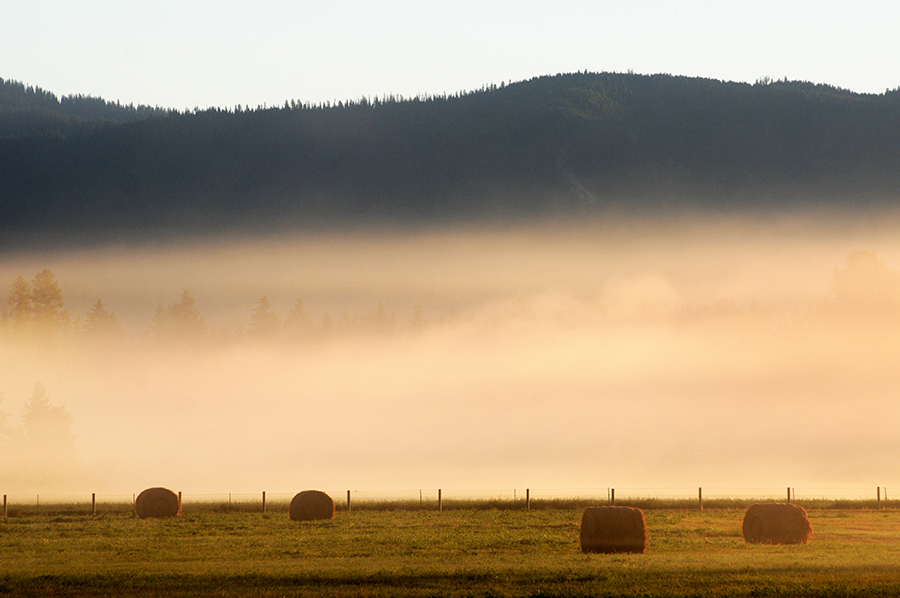Montana’s U.S. Senate delegation is united in its support of the 2018 Farm Bill, with a vote on the bill expected in the Senate next week.
Sen. Jon Tester, a Democrat, and Sen. Steve Daines, a Republican, both said the bipartisan work on the Farm Bill made the process simple and quick, getting the bill, officially titled the Agriculture and Nutrition Act of 2018, through the Senate’s agricultural committee with a 20-1 vote.
Put on the congressional calendar roughly every five years, the farm bill’s purpose is to address agricultural and food issues in the country. In recent iterations, the bill has become a huge legislative package covering not only food assistance and agricultural loans, but also rural broadband initiatives and much more.
“The farm bill is good news for Montana farmers and ranchers in terms of what’s coming out of the Senate,” Daines said in an interview. “The reason we got a 20-1 vote is because both sides were working together.”
The Senate’s version of the bill differs from the version put forth by the U.S. House earlier this year; that legislation failed in a floor vote, 198-213, after Republicans were unable to find the votes they needed from the Freedom Caucus, members of which voted no on the $867 billion bill because they didn’t get concessions on spending and a future vote on immigration in exchange for the caucus’ support.
The House’s version of the bill also proposed stricter rules for able-bodied adults on the Supplemental Nutrition Assistance Program (SNAP).
Senators, however, have found their own bill relatively uncontroversial with either party.
“I think it’s a good Farm Bill,” Tester said in an interview. “Unlike the House, I think the Senate Ag Committee and the Senate as a whole tended to business.”
Both senators said SNAP will remain largely untouched, along with crop insurance, which was the biggest issue they heard about from Montana farmers and ranchers.
“Crop insurance is a safety net for farmers; SNAP is a safety net for those who need a helping hand,” Daines said.
Daines, who sits on the Senate’s Agriculture, Nutrition, and Forestry Committee, also added amendments to the bill dealing with litigation relief related to timber sales, as well as easing regulations on forest management.
The Senate’s bill also legalizes industrial hemp production, which both Tester and Daines said would be good for Montana farmers. Industrial hemp looks like its cousin, marijuana, but contains very low levels of the chemical that gives marijuana users their “high.” Instead, industrial hemp is used to make clothing, building materials, foods, pharmaceuticals, body care products, and more.
“In hemp, there’s incredible opportunity for economic activity,” Tester said.
“This is to me an important crop as we think about the future of Montana,” Daines said. “Hemp gives our farmers one more tool in their toolkit.”
The Montana Department of Agriculture has a pilot program for industrial hemp, which just saw its first year of crop production in 2017.
The Senate’s Farm Bill also keeps rural development programs in place, including one to extend broadband internet access to America’s rural communities. The bill also keeps existing conservation programs.
